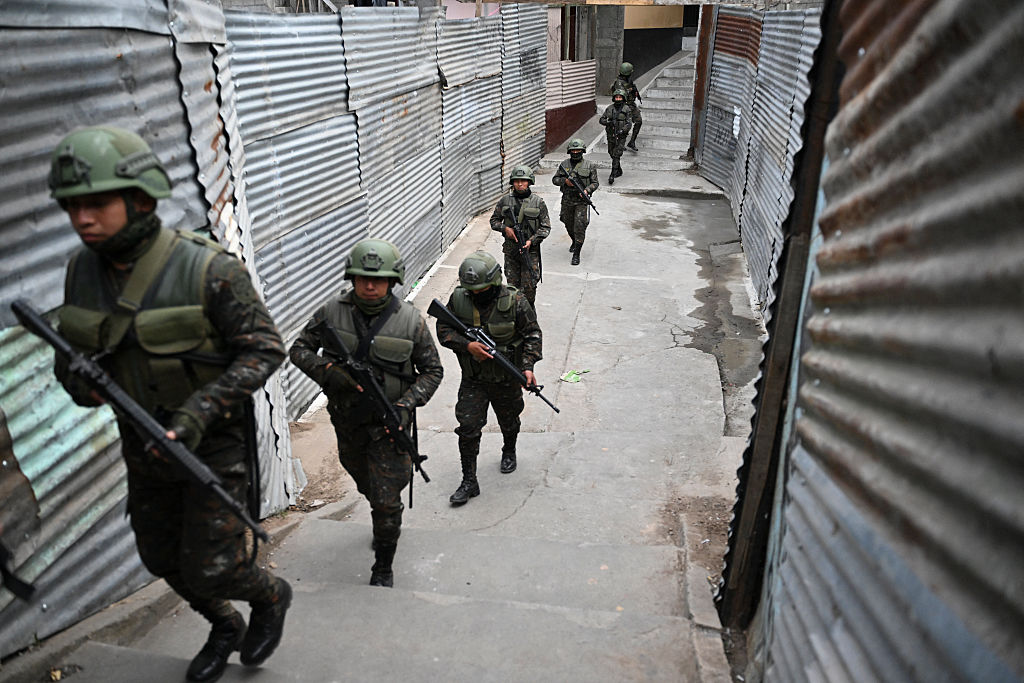Turning Around Puerto Rico’s Woes
Turning Around Puerto Rico’s Woes
The Christian Science Monitor cites AS/COA's and Controls Risks' CCC Index in its latest editorial about Puerto Rico.
For the past five years, a surge of anti-corruption protests has overwhelmed politics in much of the Spanish- and Portuguese-speaking parts of the Western Hemisphere, from Brazil to Mexico. Now it is Puerto Rico's turn. On Monday, nearly half a million people in the United States territory took to the streets demanding that Gov. Ricardo Rosselló resign.
So far the embattled leader of that troubled island refuses to step down, despite the recent arrests of former associates on corruption charges and the release of damaging comments made by the governor on a messaging app...
The governor's isolation is much like that of Chile’s president in 2015, Michelle Bachelet. After a series of scandals, starting with accusations of influence-peddling against her son, Ms. Bachelet at first dodged the media and stood her ground. Then in a sudden turnaround, she appointed a commission to propose reforms "based on global best practices and listening to citizens."
In quick order, Chilean lawmakers passed a dozen major pieces of legislation aimed at reducing incentives for corruption. Ms. Bachelet left office last year and her successor, President Sebastián Piñera has continued the reform effort.
The former Chilean leader has redeemed herself. Last month, a new index of Latin American countries by Americas Society/Council of the Americas and the consulting firm Control Risks gave Chile the highest score in battling corruption (6.66 out of 10). Chile "is deemed the most likely country in the study for corruption to be uncovered, punished and deterred," the index’s authors stated...








